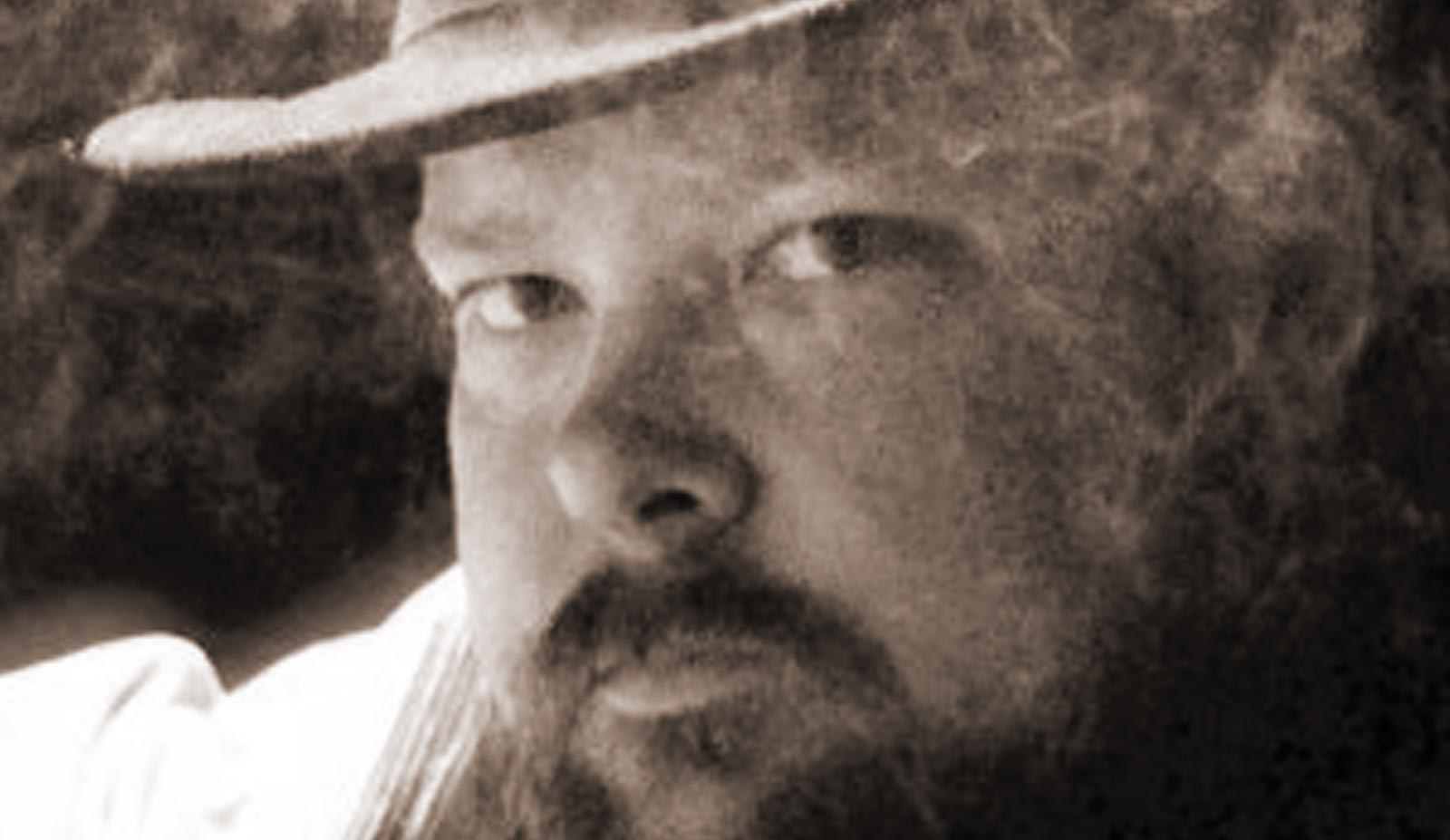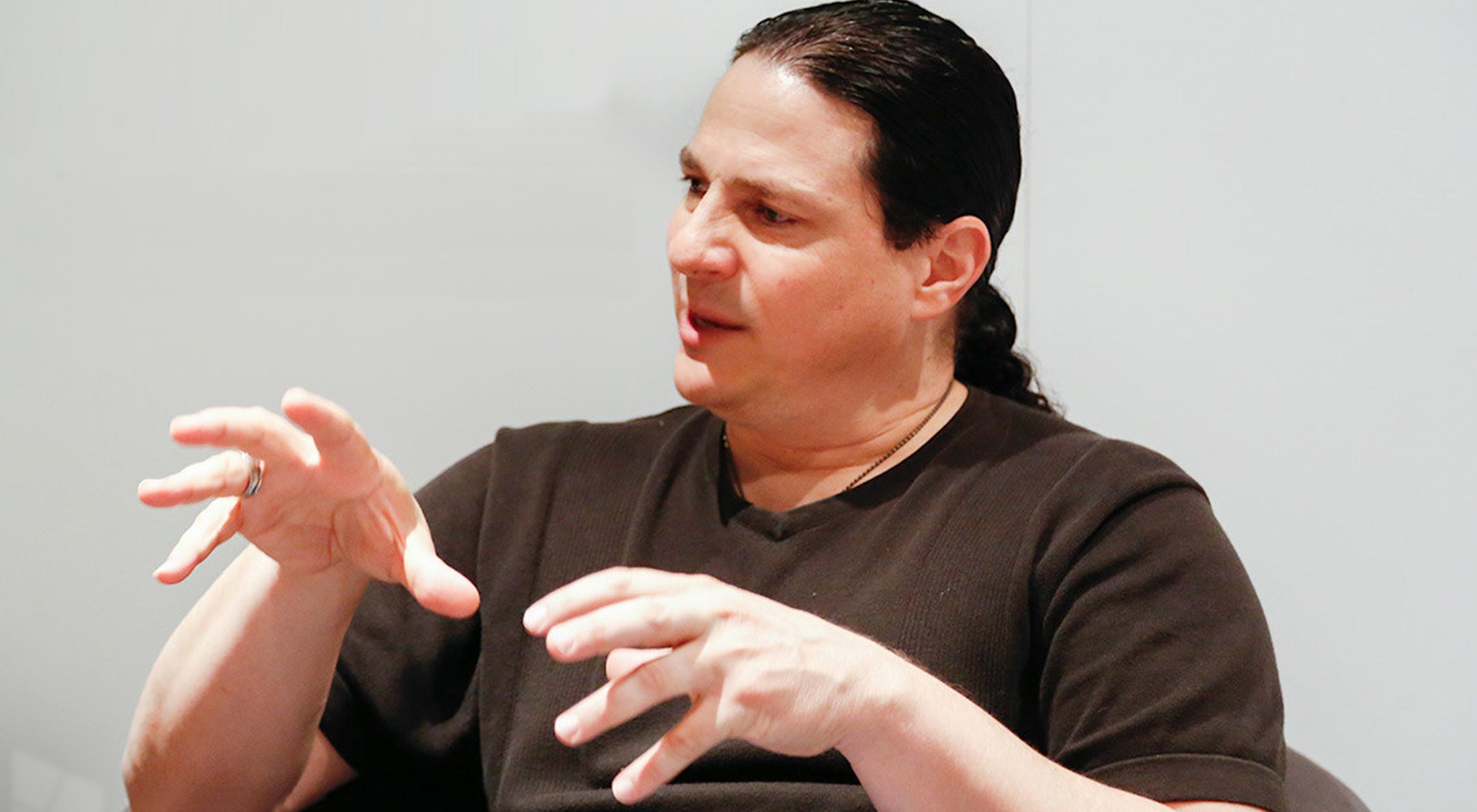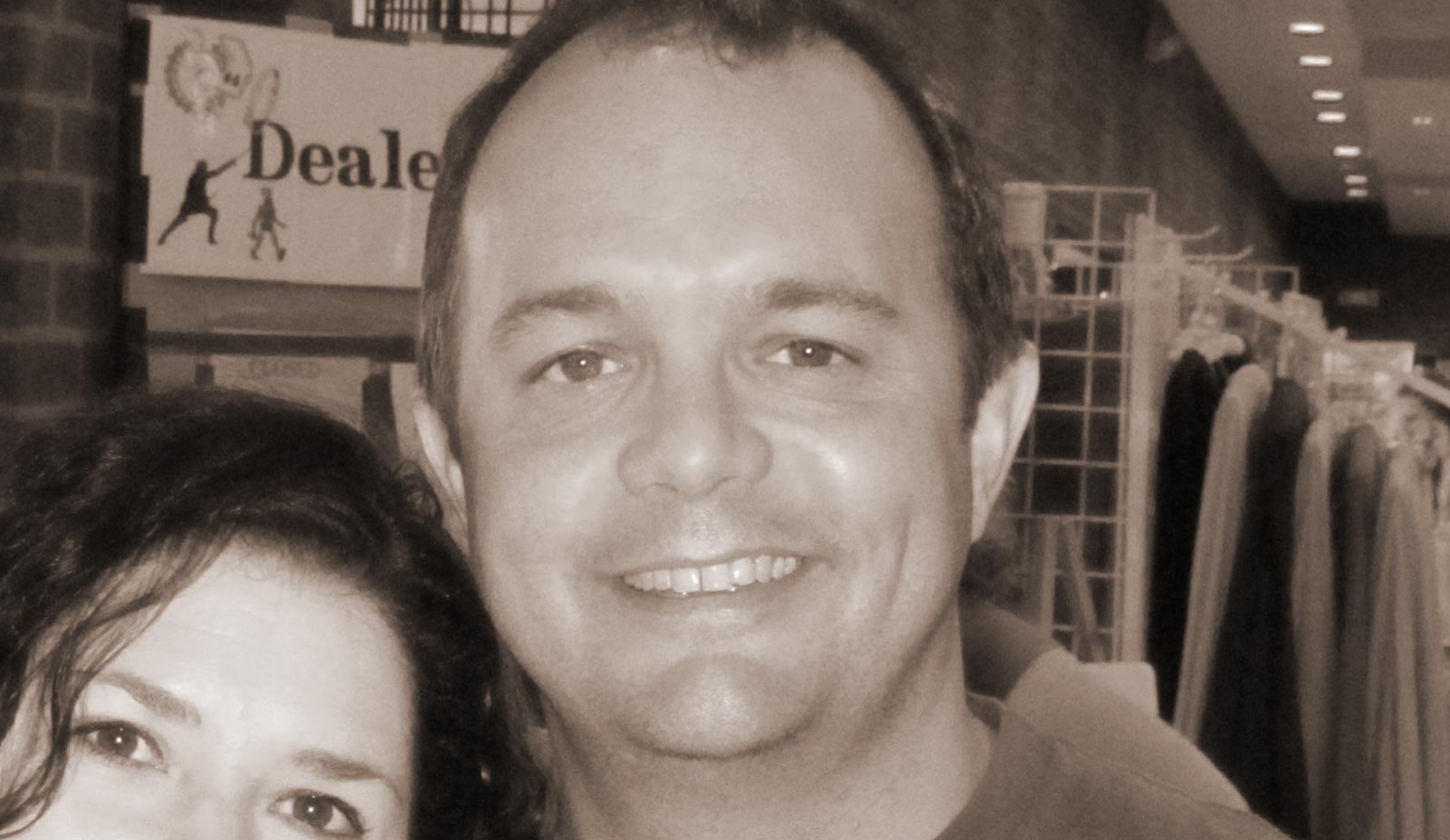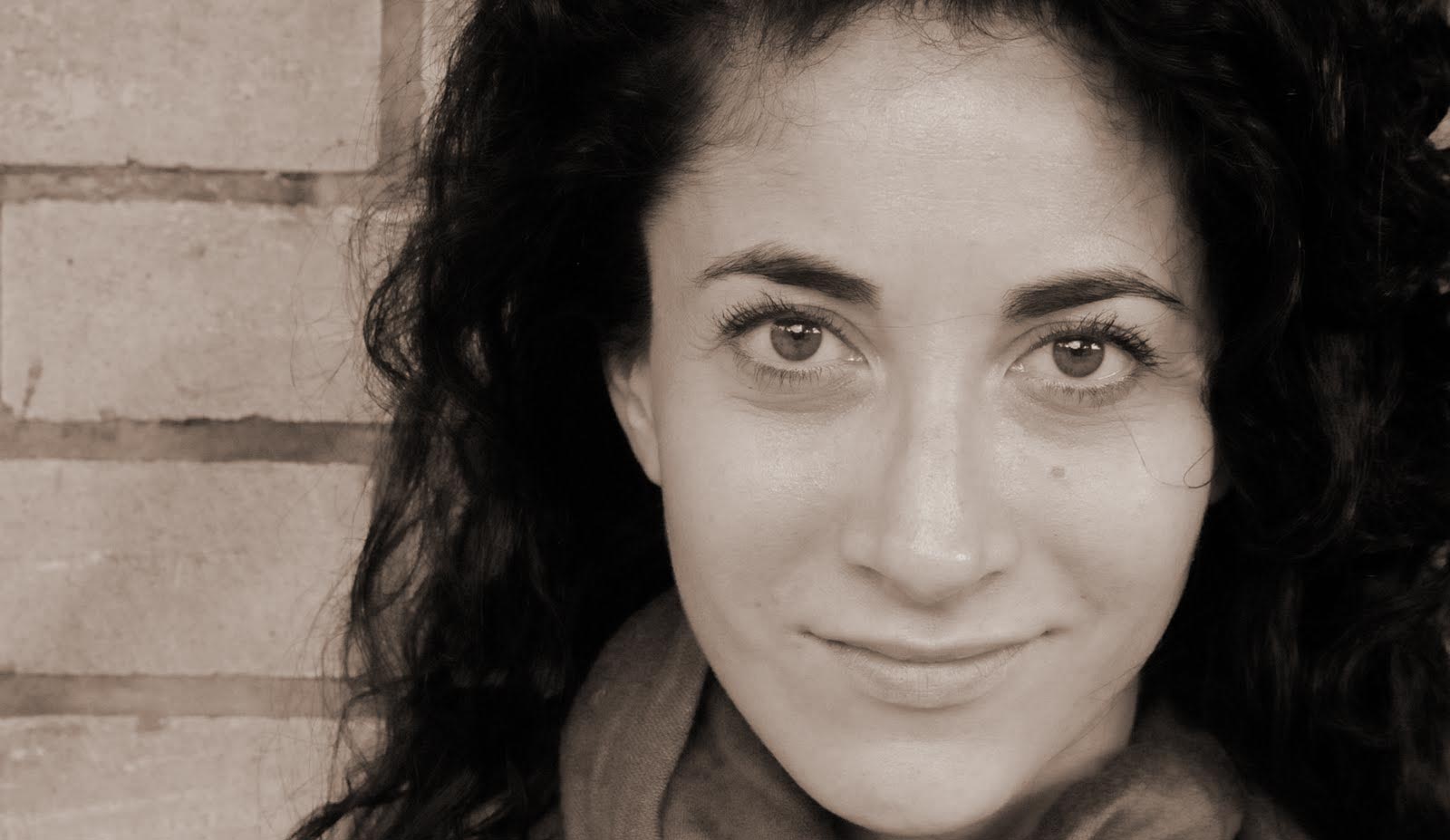“You can’t wait for inspiration. You have to go after it with a club.” -Jack London
When attending a writers’ workshop or presentation, I always cringe when the QA session begins. Inevitably, some fresh young writer will stand up and ask The Question: Where do you get your ideas?
This may be a shock, but writers get their ideas the same way everyone else does… by having a pulse. You can’t go through life without having “ideas.” So the question isn’t “Where do you get your ideas”, but rather…
A) How do you take an idea and turn it into something good?
OR
B) How do you know if an idea is a good one?
It is worth noting that “good” in this context can mean “relevant”, “profitable”, “important”, or “exciting” and the answer depends almost entirely on which interpretation you’re working with. The answer to question A is a mysterious process, unique to each writer and (coincidentally) what The Roundtable Podcast was built to explore.
Question A is a lot easier. What’s the difference between a good story idea and a bad one?
Time.
You won’t know if your idea is a good one unless you put in the time and effort to develop it. That’s a real challenge… a lot of us get wrapped up in trying to predict outcomes and making only wise choices. This paralyzing process leads us to…
Axiom #1 in the Literary Alchemy codex: Make “Mistakes”!
In a world where every waking moment has been portioned up between social media, working for the paycheck, and somehow maintaining a semblance of actual human relationships, time is a precious commodity. No one’s willing to “waste their time” on pursuing a bad idea. We want every moment to be “productive” with an appreciable return on investment.
Do yourself a favor… don’t worry if the idea is good or marketable or socially relevant. It’s your idea. It’s something that caught in your awareness and stayed there long enough for you to notice it. By that criterion alone it’s “a good idea.”
The very best thing you can do at that point is write it out. Work it up as a short story or even a bit of flash fiction. Use the idea to write a scene between two characters. This is the creative equivalent of blowing on an ember. If there’s some fire to be found, it’ll flare up and you’ll find even MORE ideas bouncing around in your head. If the ember goes out, then you got some awesome practice at the craft you profess to be your heart’s desire. How is either outcome “bad”?
Have the courage to follow your imagination down a page or two, and the faith to know that this brief excursion will never be “bad” or “wasted.”
So, I guess the question isn’t, “Where do you get your ideas?” It’s “Do you trust your creative impulses enough to follow through on them?”
THAT’S the real question and it’s a hard one to answer if you’re just getting your literary legs under you. If you haven’t completed a lot of stories and shopped them around – even to friends and family – then you can’t really know if your ideas and your techniques for developing them are strong.
Trusting your creative muse is vital to every writer and the best way to develop that trust is to work with it. Get to know it. In other words… write. Even if you write yourself into a creative dead end, you’ve gained some quality time with your muse. Which builds trust.
Then ANY idea becomes a potential success.










It isn’t a question of “Is this idea good?” as much as “Can I make this idea work?” Sometimes the answer is “No.” and sometimes the answer is “Not yet.”
Doc
That’s a good point, Doc. Just because an idea isn’t coming together at the moment doesn’t mean it’s a lost cause. Time, experience, and new perspectives can unlock a whole new way to realize a literary vision.
I’m a big advocate of making choices that foster options rather than limiting them. It means a lot of dangling creative threads, but it also makes for a very interesting palette of possibilities. 😉